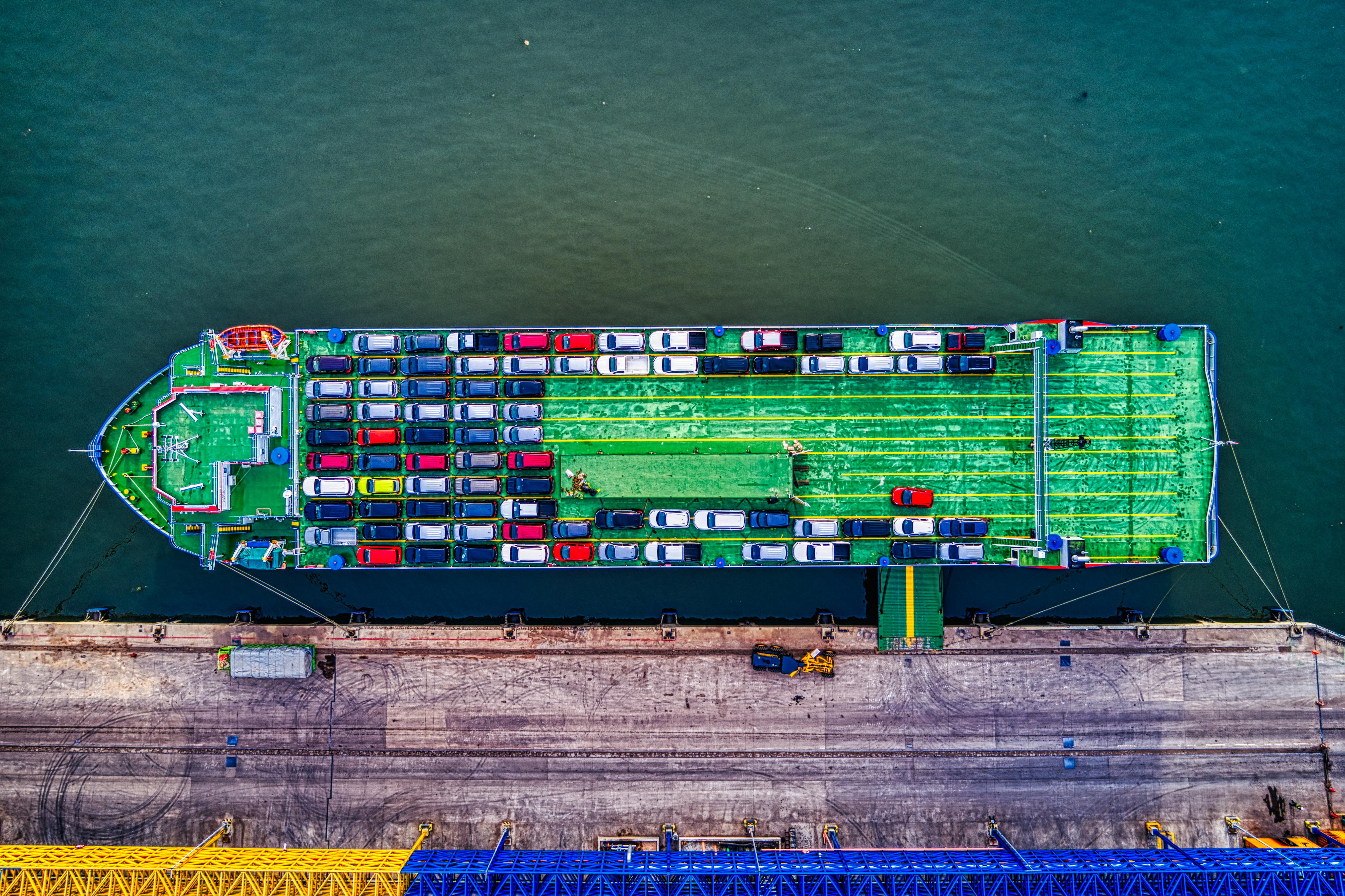EU To Demand Tech Transfers From Chinese Firms

The European Union is set to impose stricter conditions on Chinese firms operating in the green technology sector, demanding intellectual property (IP) transfers to European companies in exchange for access to subsidies. This move, part of a broader effort to bolster Europe’s clean technology industry, is expected to escalate trade tensions with Beijing.
A Tougher Stance on Chinese Imports
Brussels has announced that Chinese companies will need to establish factories within Europe and share technological know-how to qualify for EU funding. These rules will be introduced during the allocation of €1bn in battery development grants this December, according to senior EU officials. While currently limited to the battery sector, this pilot scheme could expand to other areas of green technology.
The strategy mirrors China’s longstanding trade policy, which forces foreign companies to share their IP in exchange for market access. However, officials note the EU’s requirements are subject to further revision before the funding tender.
The measures highlight Europe’s tougher approach towards China, aimed at shielding its own industries from cheaper, more polluting imports. European manufacturers, already burdened by strict environmental rules, face mounting competition from Chinese firms that enjoy significant state support.
Tariffs and Domestic Targets
Last month, the European Commission confirmed tariffs of up to 35% on Chinese electric vehicles (EVs), adding to the existing 10% levy. These tariffs are part of a broader effort to protect European businesses from what the EU sees as unfair competition. Similarly, new rules on hydrogen subsidies now restrict Chinese parts in electrolysers to no more than 25%.
This comes against a backdrop of growing international pressure. US President-elect Donald Trump is reportedly considering tariffs as high as 60% on Chinese exports. If enacted, such measures could push Beijing to redirect surplus goods to Europe, forcing Brussels to adopt further trade defences.
“We need to decide how to respond if Trump ramps up his agenda against China,” a senior EU diplomat commented, hinting at potential alignment with US trade policies.
China’s Calculated Response
China’s response to Europe’s tightening measures has been measured but strategic. Industry leaders such as CATL, the world’s largest EV battery producer, have already invested heavily in Europe, building gigafactories in Germany and Hungary. Similarly, Envision Energy, another major Chinese firm, is expanding its footprint with facilities in Spain and France.
However, Beijing is also exercising caution. Earlier this year, China’s commerce ministry advised domestic automakers to limit large investments in Europe, citing the region’s unpredictable political climate. Instead, companies were encouraged to focus on minimal final-assembly operations within Europe.
Challenges for Europe’s Green Goals
The EU’s increased scrutiny of Chinese imports coincides with concerns over its own economic fragility. Domestic companies are under pressure to meet ambitious climate targets while remaining competitive against cheaper imports. Swedish battery maker Northvolt, seen as Europe’s answer to Chinese dominance in the sector, is reportedly on the brink of bankruptcy due to production challenges.
Batteries, which account for over a third of an EV’s cost, are crucial to Europe’s green transition. Yet, Elisabetta Cornago, a senior researcher at the Centre for European Reform, warns that Brussels’ protectionist measures could hinder rather than help the decarbonisation agenda.
“These trade barriers may temporarily protect European firms, but they risk driving up prices for consumers and creating confusion about the future of the automotive industry,” Cornago said.
The Road Ahead
The European Commission declined to comment on the specifics of its plans, but the proposed measures underline its determination to carve out a stronger position in the global green technology market. While the move is likely to appeal to EU businesses, the risk of economic fallout and strained relations with Beijing remains high.
For now, Europe’s clean tech ambitions rest on a delicate balance between trade protection and innovation, with the coming months likely to reveal whether Brussels’ strategy can succeed without derailing its own green transition.
World Liberty Seeks Federal Trust Charter
World Liberty Financial, the crypto venture backed by the Trump family, has applied for a US national bank trust charter... Read more
Saudi Banks Tap Overseas Markets
Saudi Arabia’s banks are borrowing from international markets at their fastest pace on record, as lenders try to squar... Read more
Amazon Continues To Cut 16000 Gone
Amazon has announced plans to cut a further 16,000 roles from its corporate workforce, extending the cost and organisati... Read more
The UK May Have A Voice In Ai
Europe’s AI sector has grown accustomed to playing catch-up. Capital has flowed more slowly than in Silicon Valley, va... Read more
Musk Applies Pressure To BT
Britain’s broadband market has spent the past decade locked in a familiar pattern. Incumbents invested heavily in fibr... Read more
Blackrock Sees EMEA Moving Into Private Assets
BlackRock has warned that investors across Europe, the Middle East and Africa are reshaping portfolios in response to wh... Read more

